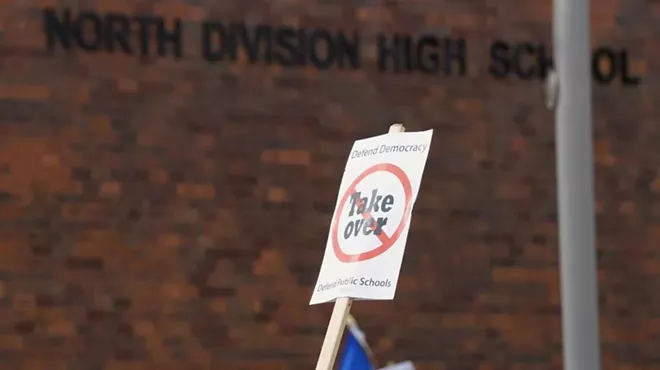Monday, April 13, 2015
UA Proposes Tuition Hikes for Some Students; Make Sure to Share Your Thoughts on the Increases
The University of Arizona has released its plans to increase tuition for most students to balance the budget after severe funding cuts from the state.
Next Monday, the Arizona Board of Regents will host a series of public comment events at the universities, but you can also send the regents an email at tuition@azregents.edu; a letter to 2020 N. Central Ave., Suite 230, Phoenix, AZ 85004; or a fax to (602) 229-2555. Do it before April 30.
Here's a little breakdown on the UA tuition proposition, which would need to be approved by the Arizona Board of Regents:
- New undergrads who are Arizona residents will pay $446 more a year, a grand total of $11,403. For out-of-state students, attending the UA would cost $33,630, a hike of more than $3,000 a year.
- Returning UA undergrads, with the exception of last fall's incoming freshmen who enrolled in a tuition-freeze plan for eight consecutive semesters, will see an increase of $291 a year (up from the current annual tuition of $10,581). However, they have the option of enrolling in the tuition-freeze program this fall and paying last year's rate, which is about $10,900 a year.
- New students will also have the option to enroll in a guaranteed program that'll keep them safe from more increases for the next four years.
- Resident graduate students don't get to enjoy tuition-freeze, so they'll pay $325 more a year (a total of $12,048). The cost for out-of-state graduates is up by $1,665 to $30,370 a year.
According to a statement by UA President Ann Weaver Hart, these increases would cover less than half of the approximately $30 million cuts the university has to absorb this upcoming academic year.
The April 20 tuition hearing will take place at the UA Main Campus' Gallagher Theatre inside the Student Union, and for UA South, it will be at the Academic Technology Building, Room B153. Both are from 5 p.m. to 7 p.m.
After meeting with the state universities' presidents on April 27, ABOR will vote on the tuition proposals May 4.
Last week, Gov. Doug Ducey told ABOR universities should make administrative cuts to keep college affordable (or maybe he could have gone the not-cutting-$99,000-from-their-budget route). He also said cuts made are likely permanent.
Tags: university of arizona , arizona board of regents , tucson , education , doug ducey , budget














